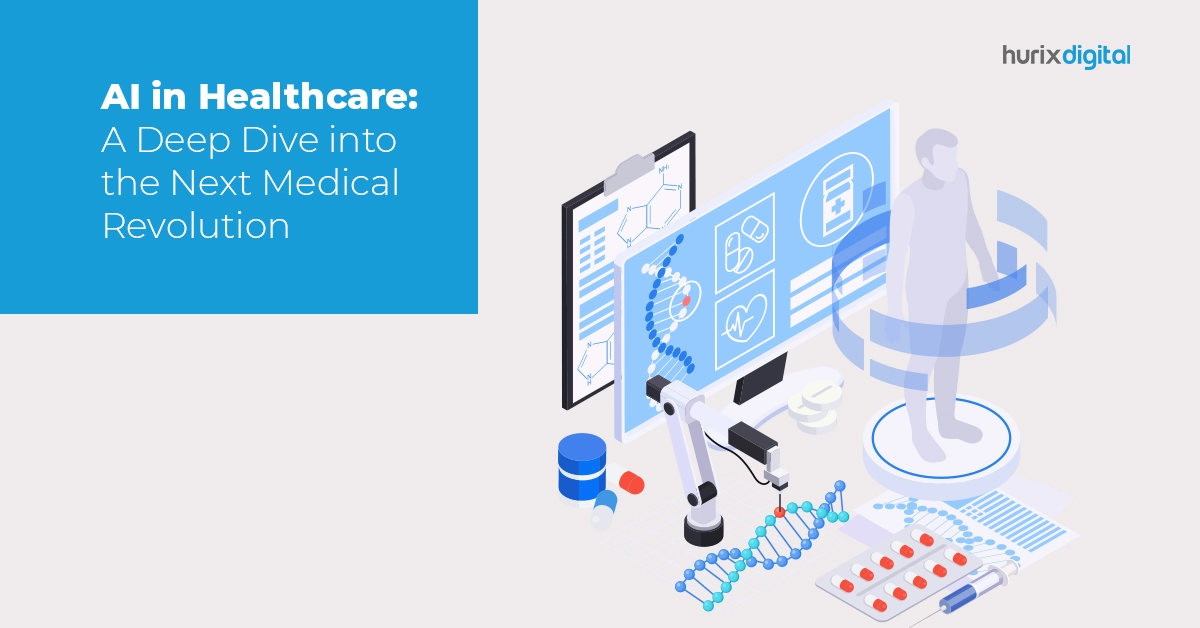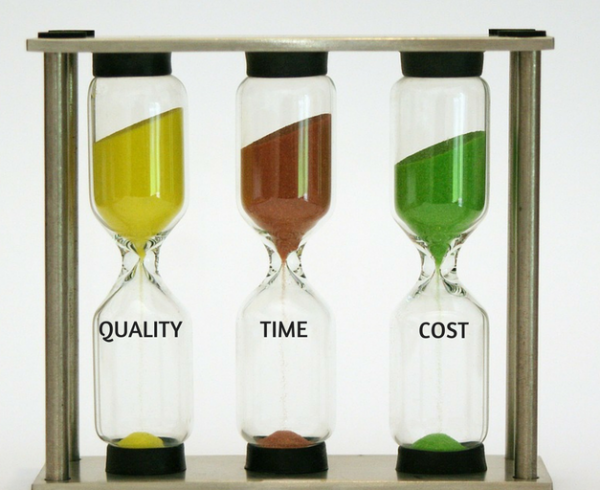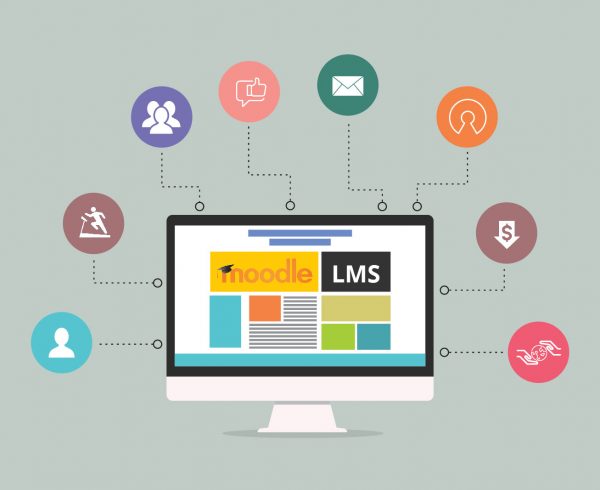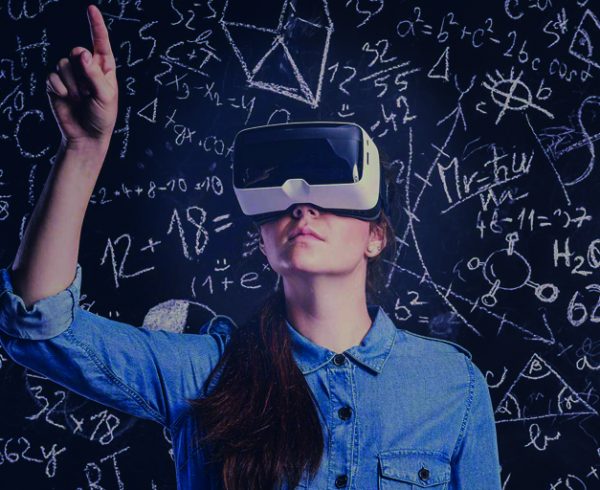Artificial Intelligence (AI) has brought incredible advancements in technology to many areas, and healthcare is one of them. AI is transforming healthcare by enabling us to perform things like diagnose diseases like cancer, determine the severity of a patient’s condition, and customize treatment plans for each patient.
The functioning of artificial intelligence in medicine follows a pattern. Huge volumes of patient, medicine, and relevant data are fed to machine-learning (ML) algorithms. These intelligent algorithms validate data, develop and deploy application models, and devise outputs that can successfully solve well-defined medical problems. All these happen without human intervention.
In this guide, we’ll explore how AI in healthcare is revolutionizing medicine in the 21st century. Read on!
Table of Contents:
- Exploring the Frontier of the Healthcare Revolution: The Impact of AI
- Detecting Sudden Development of Complexities in Patients
- Making Up for the Shortage of Qualified Doctors
- Addressing Doctor Burnout
- Improving Precision Medicine
- Enhancing the Efficacy of Medical Imaging
- Fast-tracking the Discovery of Life-Saving Drugs
- Increasing the Efficiency of Clinical Trials
- Improving Patient Safety
- Enhancing the Quality of Care
- Minimizing Care Cost and Expanding the Reach of Quality Care
- Adding Depth to Doctor-Patient Relationship
- Final Thoughts
Exploring the Frontier of the Healthcare Revolution: The Impact of AI
The multiple ways in which AI has been giving the archaic healthcare system the much-deserved facelift have been explored below. The possibilities are unlimited and significant strides have already been taken.
1. Detecting Sudden Development of Complexities in Patients
Critically ill patients are vulnerable to the sudden development of complexities. These can catch doctors’ attention late, which can worsen things.
The solution to this is suitable ML models of AI that can be deployed for tracking a critically ill patient’s vital signs. The predictive AI model collects data from medical devices like ECG monitors that monitor patients’ health. Collected data is collated and modeled for triggering alerts when pre-defined risk factors get aggravated.
It is highly useful for saving lives as subtle complexities that are not apparent are also detected in time.
2. Making Up for the Shortage of Qualified Doctors
AI’s futuristic healthcare technology is very effective in diagnosing patients, especially in situations where there is a shortage of suitably trained and experienced doctors. ML or deep learning algorithms are subjected to hordes of digitized examples of different medical conditions and associated symptoms.
An example of such training is providing ML algorithms with the assessment details of patients, as gathered through cardiac MRI scans or electrocardiograms, who ran the risk of developing sudden heart ailments.
The algorithm incisively analyses the patterns and learns to diagnose based on inputted symptomatic details. Within a split second, the ML algorithm can tell if the cardiac problem of a patient will escalate to cardiac arrest shortly.
Also Read: The Benefits of Microlearning for Upskilling Healthcare Professionals
3. Addressing Doctor Burnout
AI-driven medical technology can potentially solve doctor burnout to a significant extent through the automation of recurrent and monotonous tasks of an administrative nature. Thus, doctors can concentrate on patient care better even when faced with a shortage of clinical workforce.
With the advancement of AI, ML models can be employed for optimum interaction with patients and cross-functional collaboration to facilitate better decision-making.
4. Improving Precision Medicine
AI models are truly efficient in learning and retaining preferences. As such, AI assistant bots can provide tailored recommendations to patients in real time without any constraint of time or space.
AI-powered diagnostics offered through virtual assistants can support personalized healthcare and precision medicine impeccably. A patient doesn’t have to narrate his sufferings or medical history to a doctor every time he feels uneasy.
The AI assistant factors in the EMR of patients, susceptibility to certain disease-causing factors or antigens, preferences, and other relevant aspects to offer diagnostic support.
5. Enhancing The Efficacy of Medical Imaging
AI-driven medical imaging is proving useful in early and decisive detection of signs of critical diseases like breast cancer. The artificial neural networks complement the work of radiologists to holistically scan for even the subtlest of signs of the onset of terminal and other ailments.
AI helps in managing a dizzying quantity of medical images for clinicians by presenting only those images for examination that potentially carry signs of impending medical hazard.
6. Fast-tracking the Discovery of Life-Saving Drugs
Drug development takes a long time and is an expensive process. However, AI algorithms are proving valuable in designing effective drugs by considering all kinds of permutations and combinations related to antigens, ailments, bodily symptoms, and antidotes. Further, AI can figure out combinations of drugs better to ward off life-threatening diseases.
AI shortens the lead time to drug discovery and renders the process significantly inexpensive.
7. Increasing the Efficiency of Clinical Trials
Clinical trials are time-consuming. The process of aligning patient outcomes to relevant medical codes and keeping related datasets updated is tedious and manual-effort intensive.
AI can expedite the process by making the medical code searching process faster and more intuitive. AI is effective in reducing the frequency of medical code searches by a whopping 70%. This shows significant potential for AI to revolutionize and increase the efficiency of clinical trials.
8. Improving Patient Safety
The concept of patient safety is underpinned by:
- The timely detection of life-threatening symptoms,
- Unearthing subtle and dormant signs of the onset of diseases,
- Better decision-making for suggesting patients the correct prognosis,
- Reducing errors in diagnosis
- Optimum drug management.
For all these, AI-driven support tools are proving very effective. Additionally, AI-driven support tools are effectively improving patient safety by enhancing early detection, aiding better decision-making, reducing diagnostic errors, and optimizing drug management in healthcare.
9. Enhancing the Quality of Care
AI in healthcare is paving the way for informed patient care through the integration of ML models with doctors’ workflows. Clinicians can rely on trained AI models to get an accurate and relevant context for making prognostic decisions.
Doctors need no longer invest large amounts of time in researching proper care mechanisms as AI can offer evidence-based inputs on procedures and effective treatment by analyzing patients’ datasets.
10. Minimizing Care Cost and Expanding the Reach of Quality Care
AI-driven healthcare solutions can be accessed from the comforts of one’s home around the clock. Further, a reduction in medication flaws, prevention of fraud, provision of bespoke virtual health support, streamlining of clinicians’ workflows, slashing of administrative overheads, and quickening of drug discovery are resulting in a reduction of care costs.
11. Adding Depth to Doctor-Patient Relationship
AI is also transforming the engagement metrics of doctors and patients. AI chatbots are effective in qualitatively impersonating doctors to offer accurate patient support even beyond the regular visiting hours. Patients can access care resources even without physically interacting with doctors.
AI helps in triaging patients’ reports based on changes in vital signs. Thus, the doctor is alerted about any alarming change in the patient so that timely medical attention can be given.
Further, NLP (Natural Language Processing) can be leveraged by AI algorithms for identifying patient-oriented information like changes in medications based on the medical history of the patient.
Also Read: How to Use Hybrid Apps to Create a Mobile Healthcare App?
Final Thoughts
The future of healthcare is inextricably linked to AI, ML, and deep learning. Hurix Digital is instrumental in expeditiously bringing medical facilities under the ambit of AI with its futuristic algorithms and digital solutions. The deployed ML models can effectively analyze context for distinguishing between various types of sensitive patient information.
Recognizing the potency of AI, Hurix Digital has crafted tools tailored for data collection and insightful decision-making. By collaborating with us, you can leverage our intelligent reporting and seamless collaboration capabilities to measure performance effectively.
Contact us to learn more!











